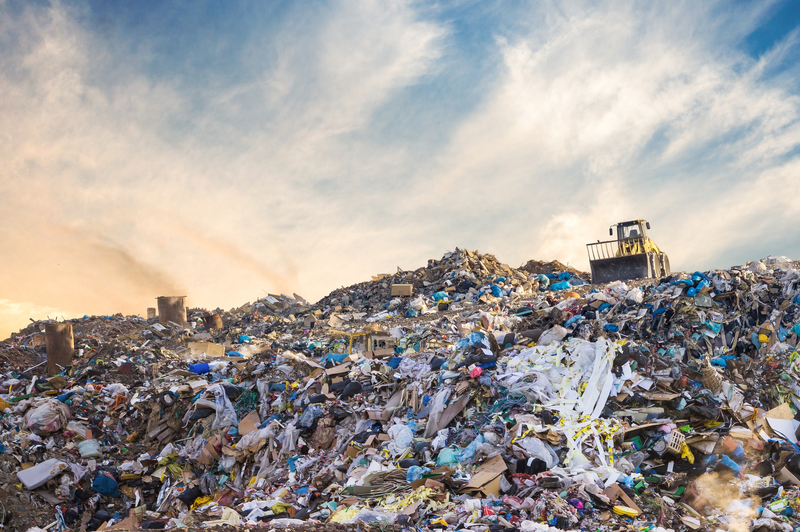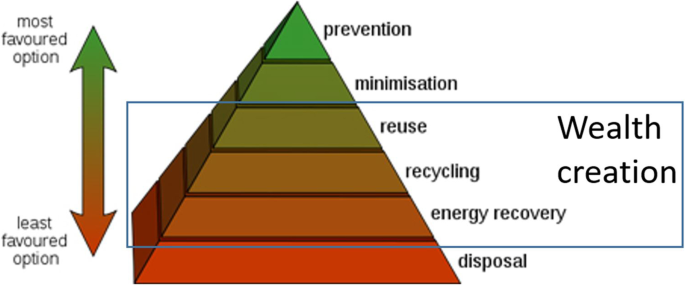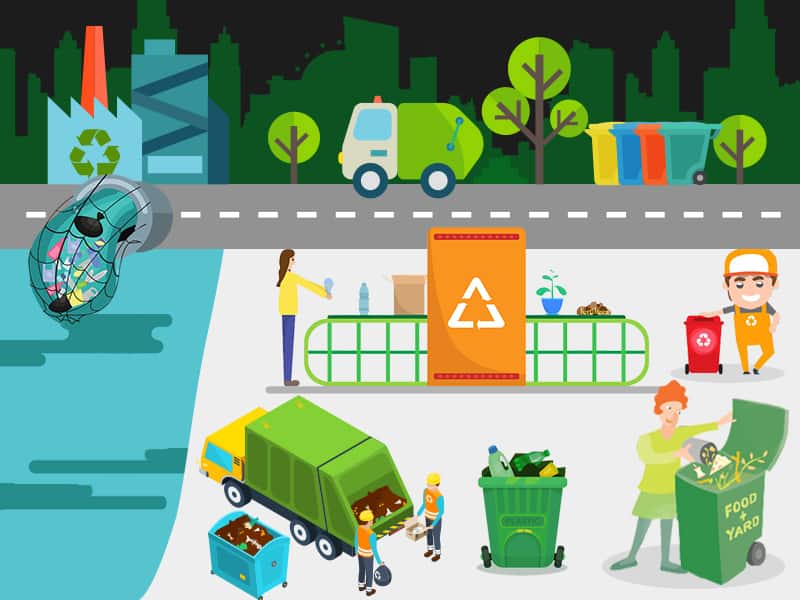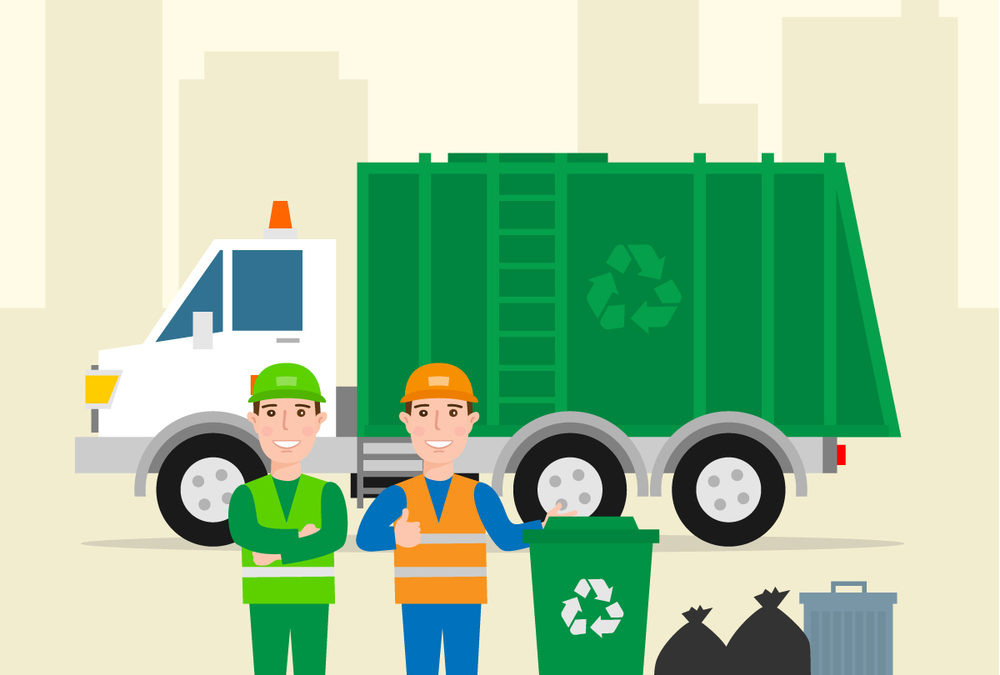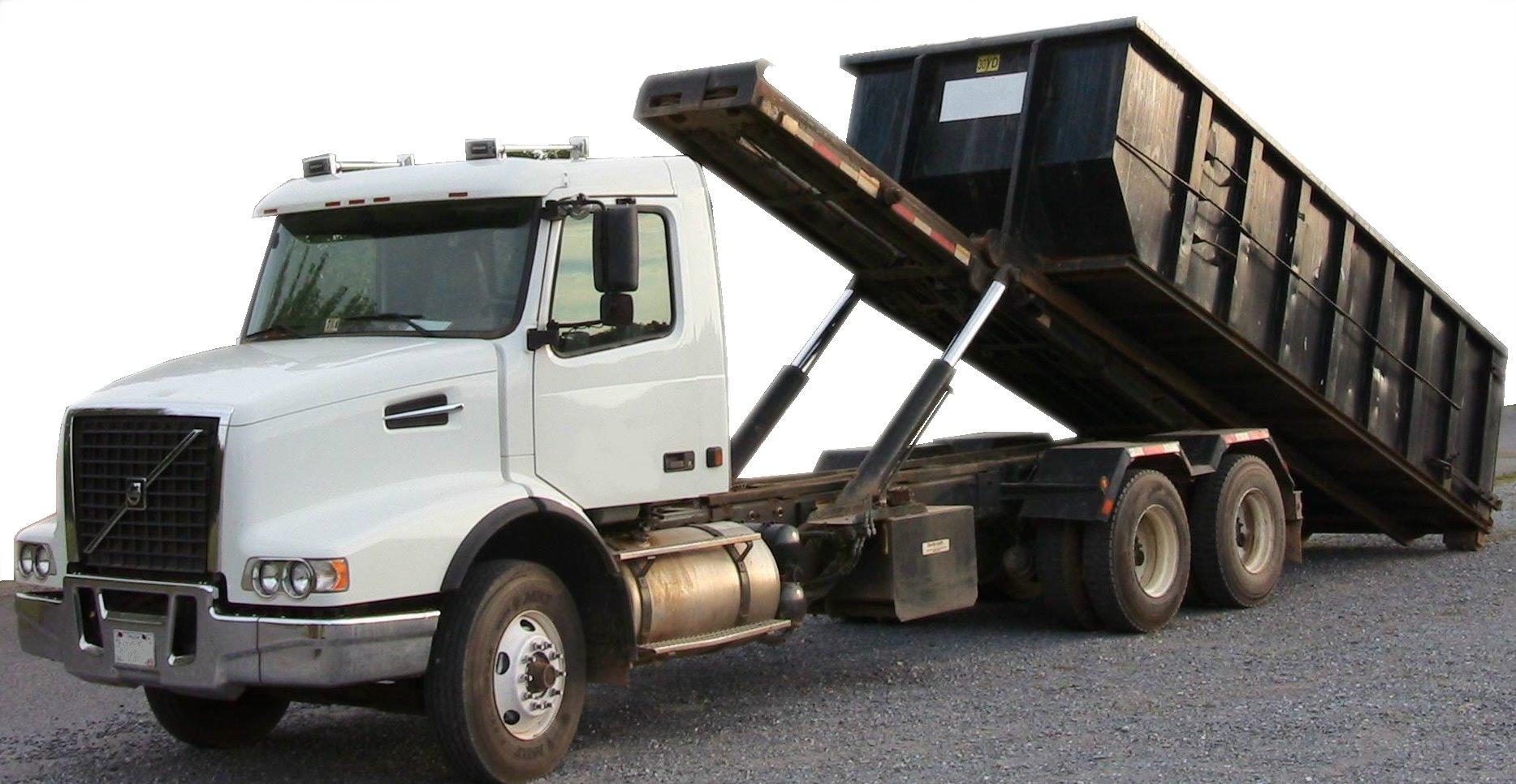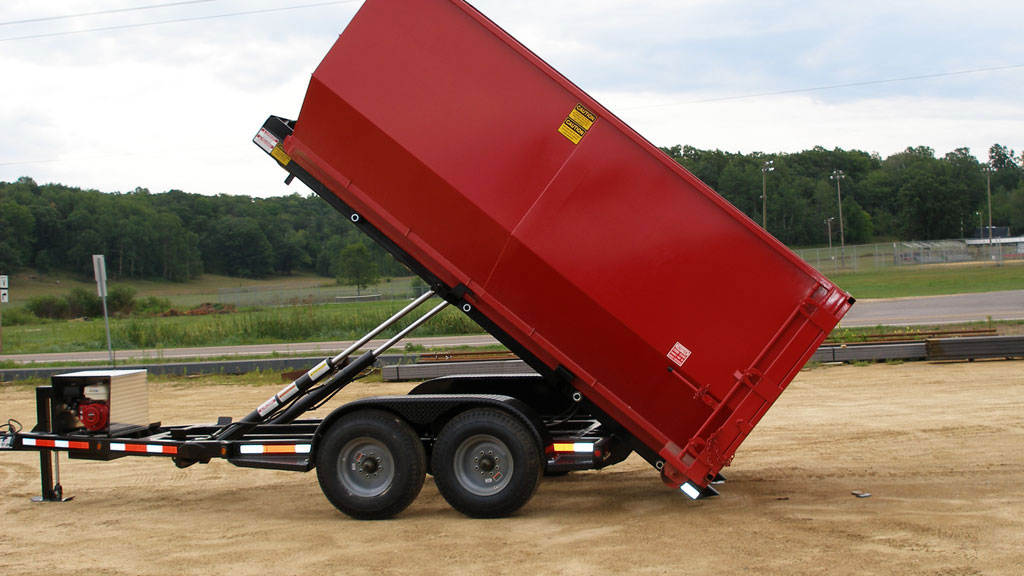Waste management is a critical aspect of maintaining a sustainable and healthy environment (more info at https://www.conserve-energy-future.com/sustainable-practices-waste-management.php). It encompasses the collection, transportation, treatment, and disposal of waste materials, with the aim of minimizing environmental impact and promoting economic growth. Effective waste management practices not only protect human health and the environment but also have significant implications for economic development. This article explores the various ways in which waste management influences economic growth, focusing on both the challenges and opportunities it presents.
Employment and Economic Opportunities
Efficient waste management systems create employment opportunities and contribute to economic growth. The waste management industry requires a diverse workforce, ranging from collection and transportation personnel to engineers and environmental scientists. Developing and implementing waste management infrastructure and technologies leads to the creation of jobs, fostering economic growth and reducing unemployment rates. Furthermore, the recycling and waste-to-energy sectors offer additional economic prospects, generating revenue through the recovery of valuable resources and the production of renewable energy.
Resource Conservation and Circular Economy
Proper waste management practices promote resource conservation, which has a direct impact on economic growth. Through recycling and composting, waste materials can be transformed into valuable resources, reducing the need for raw material extraction and lowering production costs. A well-functioning waste management system supports the transition towards a circular economy, where resources are used efficiently, waste is minimized, and products are designed for reuse and recycling. By maximizing the value extracted from waste streams, businesses can reduce their input costs, increase profitability, and contribute to sustainable economic growth.
Cost Reduction and Efficiency
Efficient waste management practices can lead to cost reductions for both individuals and businesses. Implementing recycling programs and waste reduction initiatives can lower waste disposal costs and minimize the need for additional landfill space. Municipalities and governments can redirect the saved funds towards other development projects or invest in infrastructure improvements, stimulating economic growth. Additionally, waste management technologies, such as waste-to-energy facilities, can generate electricity and heat, reducing reliance on fossil fuels and offering potential cost savings in energy production.
Environmental Protection and Tourism
A clean and well-maintained environment is essential for attracting tourists and promoting economic growth in the tourism sector. Effective waste management practices ensure the preservation of natural resources, landscapes, and ecosystems, creating attractive destinations for visitors. Tourist expenditures contribute to local economies, generating revenue and employment opportunities. By investing in waste management infrastructure and maintaining pristine surroundings, communities can leverage their environmental assets to boost tourism, which in turn supports economic growth.
Health and Quality of Life
Proper waste management significantly impacts public health and the overall quality of life in a community. Inadequate waste disposal can lead to the contamination of soil, water sources, and the air, posing serious health risks for residents. The subsequent burden of healthcare costs and loss of productivity can impede economic growth. Implementing effective waste management systems ensures the proper handling and disposal of hazardous waste, reducing the likelihood of environmental contamination and associated health issues. A healthier population, in turn, contributes to increased productivity and economic development.
Waste management is a multifaceted issue with far-reaching effects on economic growth. By adopting efficient waste management practices, governments, businesses, and communities can harness the economic opportunities it presents. From job creation and resource conservation to cost reduction and environmental protection, waste management systems play a vital role in driving sustainable economic development. Recognizing the interdependence between waste management and economic growth is crucial for shaping policies, investing in infrastructure, and fostering innovation in this field. Embracing a circular economy approach and prioritizing sustainable waste management practices can pave the way for a prosperous future, where economic growth and environmental stewardship go hand in hand.
Renting a Dumpster in Little Rock, AK: Simplifying Waste Disposal
When it comes to managing waste, renting a dumpster can be an efficient and hassle-free solution (more info at https://littlerockdumpsterrental.org/). In the vibrant city of Little Rock, AK, a dumpster rental service offers residents and businesses the convenience of proper waste disposal. Whether you’re planning a home renovation, clearing out clutter, or undertaking a construction project, renting a dumpster provides an organized and cost-effective approach to waste management.
With a wide range of dumpster sizes available, finding the right fit for your specific needs becomes a seamless process. Whether you require a compact 10-yard container for a small clean-up job or a larger 30-yard dumpster for a major construction project, renting a dumpster allows you to choose the ideal size to accommodate your waste volume.
One of the key advantages of renting a dumpster in Little Rock is the convenience it offers. Once you’ve determined the appropriate size, the dumpster rental company will deliver the container directly to your location at a scheduled time. This eliminates the need for multiple trips to a landfill or waste disposal facility, saving you valuable time and effort.
Furthermore, by renting a dumpster, you gain the freedom to dispose of various types of waste in a single container. Whether it’s household debris, construction materials, or yard waste, a dumpster can accommodate a wide array of materials, providing a centralized location for easy disposal. This simplifies the waste management process, ensuring that all waste is properly contained and removed, maintaining cleanliness and safety at your premises.
Renting a dumpster also ensures compliance with local waste disposal regulations in Little Rock, AK. Professional dumpster rental services are well-versed in the local ordinances and guidelines, ensuring that your waste is disposed of in accordance with the law. This not only protects the environment but also safeguards you from potential penalties or fines associated with improper waste disposal.
Renting a dumpster in Little Rock offers a convenient and efficient waste management solution for both residential and commercial purposes. By selecting the appropriate dumpster size, you can streamline waste disposal, save time and effort, and ensure compliance with local regulations. Embrace the simplicity and effectiveness of renting a dumpster to keep your space clean and contribute to a healthier environment in Little Rock.
